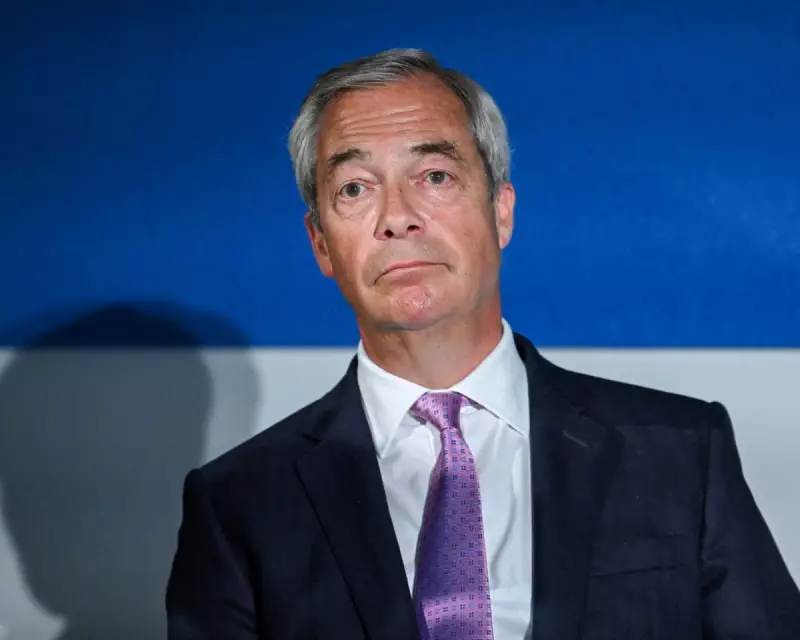
Nigel Farage has detonated a political bombshell with the revelation of Reform UK's radical immigration strategy, featuring mass deportations and offshore processing centres - plans immediately condemned by opponents as "deeply inhumane" and logistically impossible.
The Emergency Immigration Blueprint
In what Farage describes as an "emergency immigration plan," Reform UK proposes:
- Immediate deportation flights for thousands of migrants who arrived via small boats
- Establishment of offshore processing centres in British Overseas Territories
- Rapid processing of asylum claims within specified timeframes
- Zero tolerance for illegal immigration channels
Political Fallout and Reactions
The proposals have ignited fierce debate across the political spectrum. Labour's Jonathan Ashworth condemned the plans as "fantasy economics," questioning both the morality and practical implementation. Meanwhile, government sources remained notably cautious, refusing to outright dismiss the proposals while emphasising their own Rwanda scheme's progress.
Former Home Office minister Kevin Foster delivered perhaps the most scathing assessment, suggesting the plans would require "a Home Office the size of the NHS" to implement effectively.
The Small Boats Crisis: By the Numbers
Recent figures reveal the scale of the challenge: over 1,000 migrant arrivals in August alone, representing the highest monthly total this year. This surge comes despite government efforts and substantial financial investments in border security measures.
Legal and Practical Hurdles
Legal experts immediately raised concerns about the feasibility of mass deportations, citing:
- Human rights legislation constraints
- Practical challenges of identifying and processing thousands of cases
- International law obligations regarding refugee protection
- The enormous administrative burden on an already strained system
Broader Political Implications
Farage's intervention comes at a critical juncture, with immigration poised to dominate the political agenda through the autumn. The proposals represent a direct challenge to both major parties' approaches, potentially reshaping the entire immigration debate.
As the political temperature rises, one thing remains clear: immigration policy will continue to dominate Westminster discourse, with Farage ensuring his voice - and his controversial solutions - remain at the centre of the conversation.





